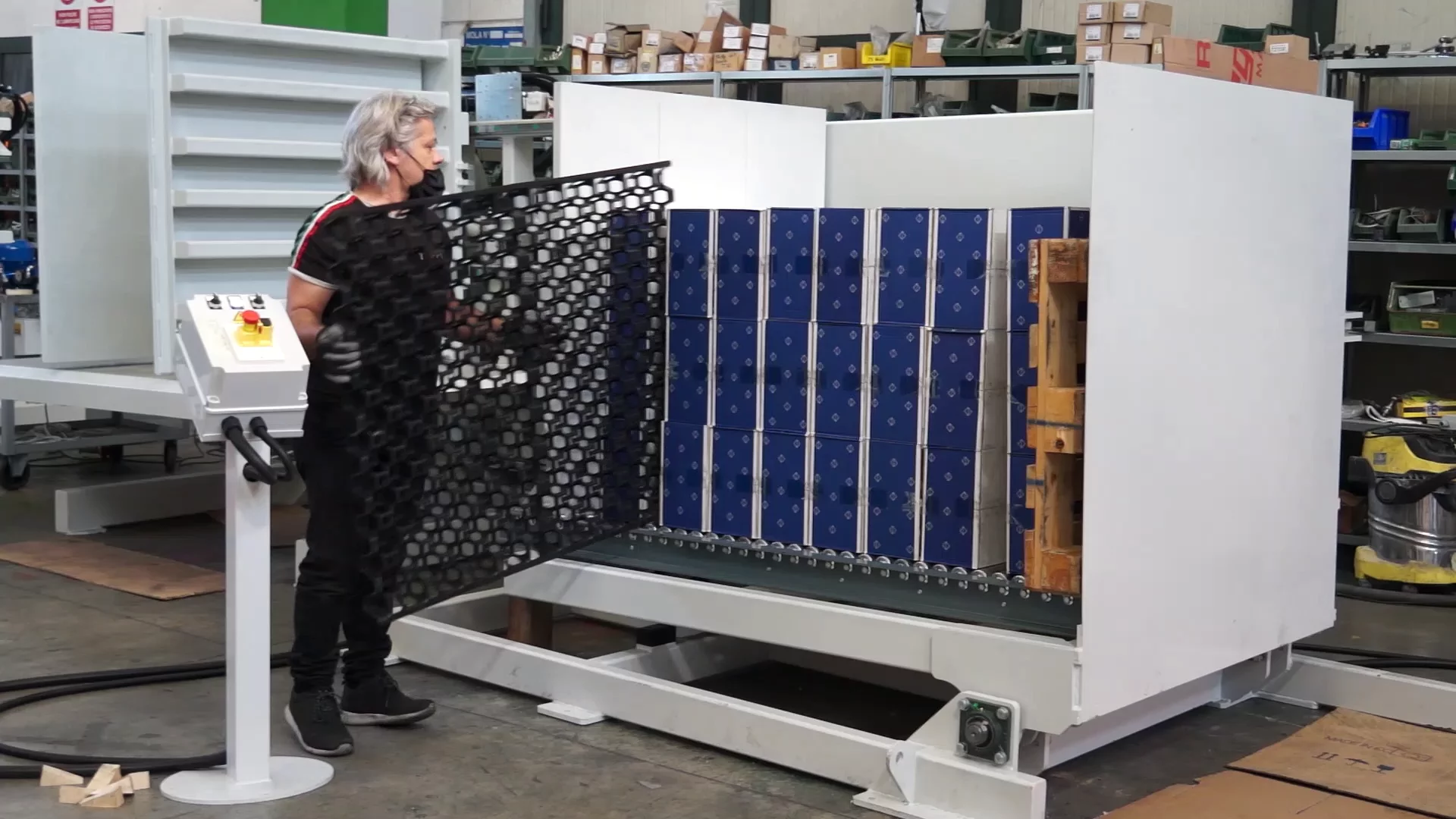Welcome to our blog, where we dive into the world of cold storage warehousing in Wisconsin. In this article, we will explore the statistics, education, and other relevant information surrounding this crucial industry. With a focus on food safety and quality, our aim is to provide valuable insights and knowledge that will help enhance your understanding of cold storage warehousing in Wisconsin.
- Importance of Cold Storage Warehousing:
Cold storage warehousing plays a critical role in the food supply chain, particularly in preserving perishable goods such as fruits, vegetables, dairy products, pharmaceuticals, and more. Here are some key statistics highlighting its significance:
– According to the International Association of Refrigerated Warehouses, the United States has approximately 4.24 billion cubic feet of refrigerated warehousing space.
– In Wisconsin alone, the cold storage industry contributes to the safekeeping of millions of pounds of food products annually.
- Food Safety Standards:
Maintaining and ensuring food safety is a top priority in cold storage warehousing. Here are some important aspects related to food safety in Wisconsin’s cold storage facilities:
– Regulatory Compliance: Cold storage warehousing in Wisconsin follows strict guidelines set by regulatory bodies such as the U.S. Food and Drug Administration (FDA) and the Wisconsin Department of Agriculture, Trade, and Consumer Protection (DATCP).
– Hazard Analysis and Critical Control Points (HACCP): Many cold storage facilities implement HACCP programs, a preventive system to identify and control any potential hazards that may affect food safety.
- Quality Assurance Initiatives:
Apart from food safety, maintaining product quality is crucial in the cold storage warehousing industry. Here are some initiatives and practices adopted to ensure the highest standards:
– Temperature Control: Cold storage facilities use advanced temperature monitoring systems to maintain optimal storage conditions, preserving the quality and freshness of products.
– Inventory Management: Effective inventory management systems are in place to minimize spoilage, prevent cross-contamination, and ensure proper rotation of goods.
– Good Manufacturing Practices (GMP): GMP guidelines are followed to maintain hygiene, cleanliness, and safe handling procedures within the cold storage facilities.
- Education and Training:
Developing a skilled workforce is essential for the success of the cold storage warehousing industry. Several educational and training opportunities are available in Wisconsin, including:
– Local Colleges and Universities: Wisconsin is home to institutions offering programs in logistics, supply chain management, and food science, providing students with the necessary knowledge and skills for a career in cold storage warehousing.
– Industry Associations: Organizations like the International Association of Refrigerated Warehouses and the Global Cold Chain Alliance offer resources, training programs, and certifications for professionals in the cold storage industry.
Conclusion:
Cold storage warehousing is a vital sector that ensures food safety and quality by providing appropriate storage environments for perishable goods. Wisconsin plays a significant role in this industry, with a robust infrastructure and adherence to strict regulations. By understanding the statistics, guidelines, and education opportunities available, we can appreciate the critical role of cold storage warehousing in safeguarding the integrity of food products and maintaining their freshness until they reach consumers’ tables.


 Dave McGowan has been a member of the WEL Family since May 1989. He is a husband and father of two children. Dave is also a U.S. Army veteran and served in Vietnam in 1971-1972, and he attended driving school soon after he was released from the military in 1974.
Dave McGowan has been a member of the WEL Family since May 1989. He is a husband and father of two children. Dave is also a U.S. Army veteran and served in Vietnam in 1971-1972, and he attended driving school soon after he was released from the military in 1974. During his career with WEL, Phil has worked as a driver, dispatcher, terminal manager and customer service manager. He says he always was a driver first, though non-driving jobs taught him financial management that helps him as an owner-operator.
During his career with WEL, Phil has worked as a driver, dispatcher, terminal manager and customer service manager. He says he always was a driver first, though non-driving jobs taught him financial management that helps him as an owner-operator.